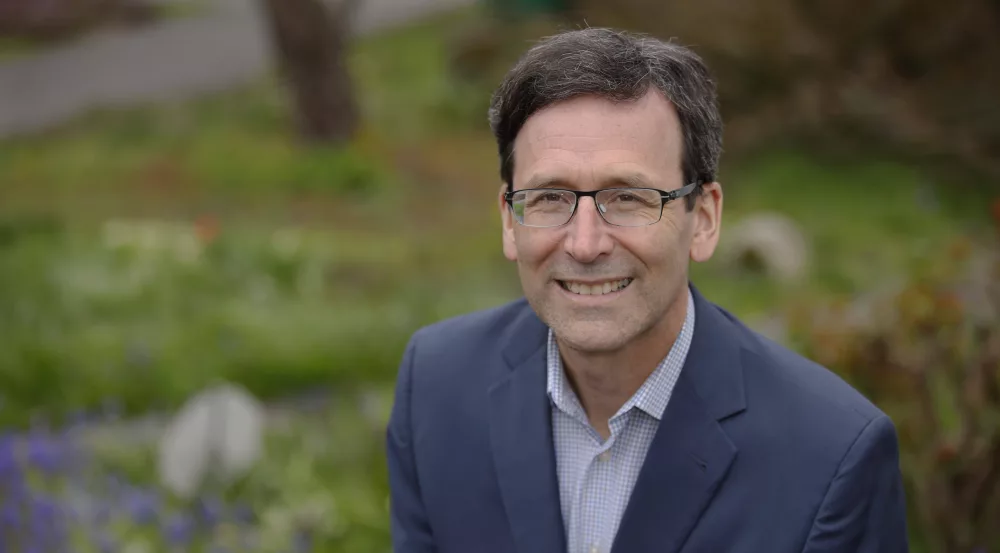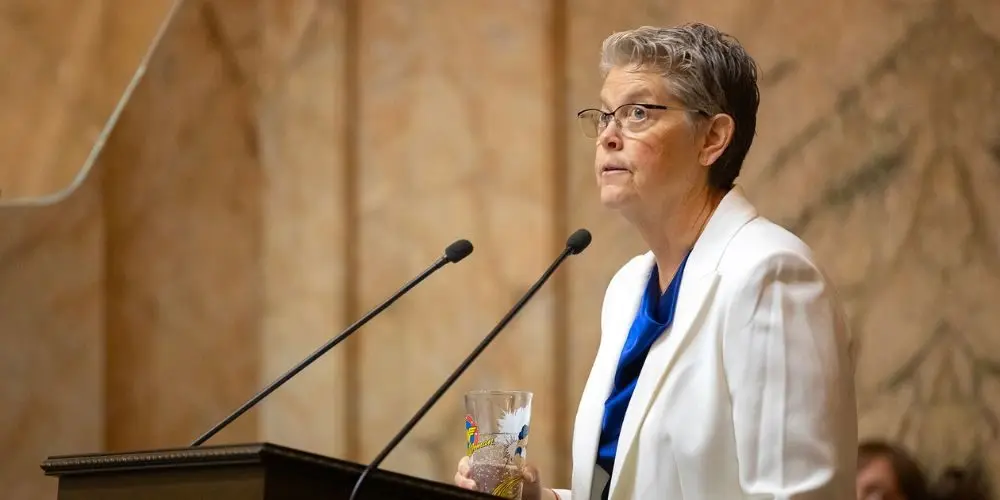
Just months after Governor Bob Ferguson signed into law the largest tax increase in Washington state history, a new revenue forecast is casting serious doubt on the sustainability of the state’s record-setting spending plan. The Washington State Economic and Revenue Forecast Council announced Tuesday that the state is expected to bring in $720 million less over the next four years than previously projected—undermining the assumptions underpinning the Democrats’ newly enacted $77.9 billion operating budget for 2025–2027.
The forecast signals that, despite a sweeping package of new and expanded taxes—impacting everything from gas to property to child care fees—the budget will have only a $2 million cushion heading into the next biennium. Critics say that margin is dangerously slim.
The new budget reflects an 8.2% increase in state spending from the previous cycle, even as Democrats warned of a $16 billion shortfall earlier this year. To close that gap, lawmakers passed six major tax increases, including:
- A 6-cent-per-gallon hike in the gas tax
- Increased property and sales taxes
- Higher business and occupation (B&O) taxes
- Expanded fees for various services including fishing licenses and childcare
Ferguson, who had previously voiced opposition to taxing working families, ultimately signed and defended the tax-heavy package. “I said, hey, we’re not going to be able to tax our way out of this. It became equally clear early on in the process that we’re not going to cut our way out of it,” Ferguson said, adding that the budget was a “necessary compromise” to protect core services.
Despite proposing $4 billion in spending cuts, Ferguson line item vetoed only $25 million in reductions following resistance from his own party.
Republican lawmakers were quick to respond to the bleak fiscal outlook. Rep. Travis Couture (R-Allyn), the ranking Republican on the House Appropriations Committee, sharply criticized the Democratic majority’s approach: “They spent us into a deficit before the ink even dried. Despite record-breaking revenues and more than $9 billion in new taxes, Democrats managed to spend every dime—and more. A $2 million cushion in a $79 billion budget is financial malpractice.”
Couture likened the situation to a household earning $79,000 a year and ending with just $2 in the bank, calling the budget “one small surprise away from a crisis.”
He also blasted the Democrats for “doubling the budget in 10 years” while still cutting essential services like wildfire prevention, foster care, and aid for the disabled, all while allocating funds for legal aid to illegal immigrants and a taxpayer-funded reparations study.
Sen. Chris Gildon (R-Puyallup), the Senate Republican budget leader, echoed these concerns, warning that the current trajectory puts Washington on course for an imminent fiscal disaster.
“This situation never should have been possible, considering our Democrat colleagues just approved the largest set of tax increases in state history—$12.2 billion over four years,” Gildon said. “But they knowingly and irresponsibly spent just about every penny available.”
He noted the state now faces a $331 million shortfall over the next four years, even with the tax hikes factored in, and warned that job growth is expected to remain below 1% through 2029.
Ferguson attempted to shift some of the blame to national politics, stating, “While this revenue forecast is disappointing, it is not surprising.” Rather than call attention to his party’s out of control spending, Ferguson blamed President Donald Trump. “We knew that things were unlikely to improve in the near term, especially in light of continued chaos from the Trump Administration… If those [cuts] move forward, it will mean billions of dollars in cuts impacting our most vulnerable residents,” Ferguson said.
Despite the grim outlook, Ferguson said he does not anticipate calling a special session at this time and will wait for the next revenue forecast in September before making additional decisions. He did, however, direct agencies to look for further cost-saving measures as he begins preparing his first full budget.
Republicans argue this fiscal crisis could have been avoided. They pointed to their own budget proposal—the “Save Washington” plan—which included no new taxes, no cuts to services, no use of rainy day funds, and no over-spending.
“Democrats rejected that plan—twice,” said Gildon. “That needs to be remembered, especially if their budget collapses.”
With economic storm clouds gathering, both parties now face pressure to adjust course. As Sen. Gildon warned, “Our state didn’t quite hit the financial iceberg today, but it certainly lies dead ahead.”
In a statement to KVI, Brionna Aho, spokesperson for the governor’s office, claimed that the “Legislature adopted most of Governor Ferguson’s savings proposals.” She added, “The Legislature reduced its revenue proposal from more than $21 billion to approximately $9 billion. The $25 million in reductions refers to line-item vetoes Governor Ferguson made to the final budget before signing.
Listen to The Ari Hoffman Show 3-6 PM Pacific on Talk Radio 570 KVI, KVI.com and the KVI app. Subscribe on your preferred podcast platform.







